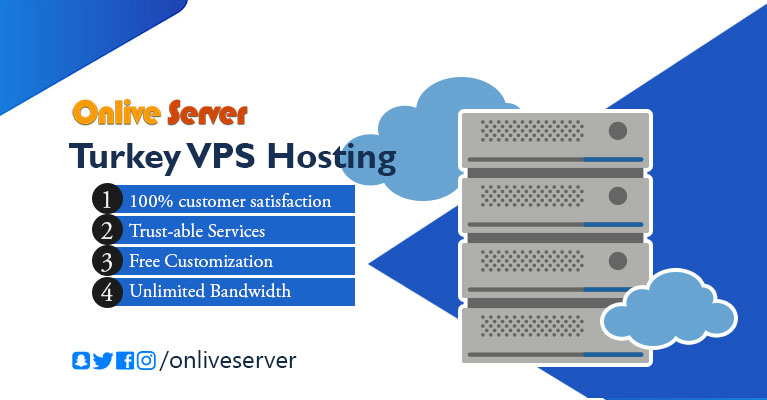What is a VPS Server?
A VPS, or Virtual Private Server, is a virtual server that runs on a server. Unlike a shared hosting account, which shares resources with other websites hosted on the same server, a VPS is privately hosted and provides its resources (CPU and memory) to the client. This makes it perfect for high-traffic websites that need more control over their hosting environment. Additionally, because they are private servers, Turkey VPS Server can be faster and more stable than a shared hosting account.
When and How to Use a Turkey VPS Server
Today’s blog post will discuss how to use a Turkey VPS server for your web development needs. Turkey is an excellent choice for a server because of its stability and low prices. Additionally, the country has excellent Internet connectivity. When selecting a VPS server, it is crucial to take into account the following factors:
1) Server Location: Select this server in Turkey if you use it for development purposes. This is because the country has excellent Internet connectivity and no censorship issues.
2) CPU and Memory: Ensure that the CPU and memory specifications of your chosen VPS meet your needs. Most of these servers come with 1 CPU core and 1 GB of memory.
3) Operating System (OS): Choose an OS compatible with your development environment. For example, choose a Windows VPS server if you are using Windows. Choose a Linux VPS server if you are using Ubuntu or another Linux-based OS.
4) Bandwidth: Check the bandwidth speeds of this server before selecting it. The majority of servers come with unlimited bandwidth. However, be aware that some providers throttle.
Difference between VPS and a Dedicated Server
When it comes to hosting, you have two options: hosting on a dedicated server or a virtual private server. The difference between VPS and dedicated servers is that VPS is hosted on a shared infrastructure, while dedicated servers are hosted on a single physical server. Dedicated typically offer more features and faster performance, but they can also be more expensive.
Another significant difference between VPSs and dedicated servers is that VPSs typically allow for more than one user at a time. In comparison, dedicated servers are usually meant for one user only. A VPS is a Virtual Private Server. It is a hosting that allows you to run your server in a data center. A Dedicated Server is a hosting that runs one single application for a business or organization.
VPS Server provides the same hardware and software resources as a dedicated server but is offered by a cloud provider and can be accessed through a web browser. Because a third-party provider manages VPSs, they offer flexibility and lower costs than dedicated servers. Such as more CPU cores, memory, storage, and bandwidth. However, they may have reliability and performance levels because they are not directly owned or operated by the hosting company.
How to choose VPS Server
When choosing this server, there are a few factors you should consider. First and foremost, you must decide what kind of performance you need. Do you need a server that can handle high-traffic volumes, or do you only need a server for basic web hosting? After determining your needs, you need to select the type of VPS server that will meet them. There are three main types of these servers: Dedicated Shared and Virtual Private. They are only used by one person or organization and are not shared with other users. They are shared among many users and can be found in most hosting providers. Virtual Private Server offers the best version of all three types of servers. They allow you to have your virtual server complete with its operating system and resources. This means you can have more control over your website than any of the other types of servers. However, they are the most expensive option and require additional setup time.
Conclusion
Hope this article on choosing and setting up a VPS server has been of help. While there are some factors to consider when selecting a Turkey VPS Hosting, the most important thing to keep in mind is the size of your site. A standard shared hosting plan will be more than enough if you have a small or medium-sized website. However, if you have a more prominent website or one that requires more bandwidth or processing power, then renting a VPS server might be the best option for you. Regardless of which VPS provider you choose, read their Terms of Service carefully before signing up to be aware of any specific restrictions or requirements your site might pose.

